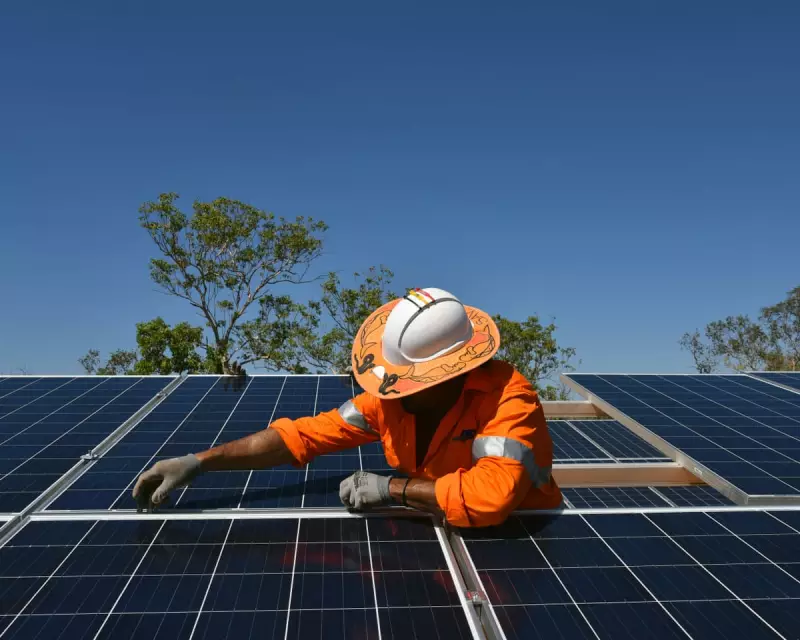
Australia finds itself at a critical energy crossroads this week as political leaders present starkly different visions for the nation's power future. Prime Minister Anthony Albanese is using the international stage of the ASEAN summit to champion renewable energy, while back home, Senator Matt Canavan mounts a vigorous defence of traditional coal power.
Albanese's ASEAN Renewable Push
Speaking at the ASEAN gathering, Prime Minister Albanese positioned Australia as an emerging renewable energy superpower. "We're not just embracing the clean energy transition; we're leading it," Albanese declared, highlighting significant government investment in solar and wind infrastructure.
The Prime Minister's international advocacy comes as his government faces domestic pressure to accelerate the shift away from fossil fuels. Industry analysts note that Australia's abundant sunshine and wind resources position it uniquely to capitalise on the global clean energy boom.
Canavan's Coal Counter-Offensive
Meanwhile, Senator Matt Canavan has launched a robust defence of Australia's coal industry, arguing that abandoning reliable baseload power threatens both energy security and economic stability. "Renewables alone cannot power our nation," Canavan asserted in a recent media appearance.
The Queensland senator pointed to recent energy market volatility as evidence that Australia needs to maintain its coal-fired power stations while the transition to renewables continues. His comments reflect deepening divisions within Australian politics over the pace and nature of energy reform.
The Economic Stakes
The debate carries significant economic implications. Australia's renewable sector has attracted billions in investment, creating regional jobs and driving technological innovation. However, traditional energy communities fear being left behind as the nation shifts toward cleaner alternatives.
Energy experts suggest that a balanced approach – combining renewable expansion with strategic management of existing resources – may offer the most practical path forward. Yet achieving political consensus on this middle ground remains challenging.
As the international community watches Australia's energy evolution, the outcome of this domestic debate will shape not only the nation's environmental footprint but its economic competitiveness for decades to come.





